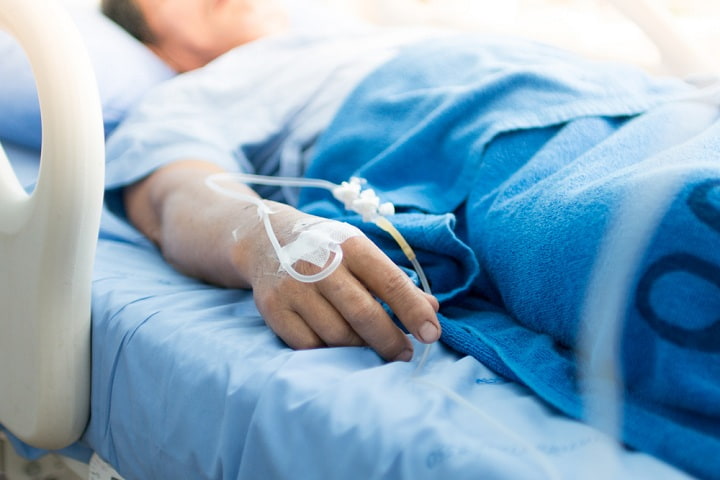The NHS has been suffered renewed scrutiny in recent months, with the revelation that it spends more than £4 billion annually in legal fees to settle outstanding negligence claims. There are many reasons for the increased bill, from complications brought on by the coronavirus pandemic to high-profile cases with an unusually high pay-out. Medical negligence is an unfortunate by-product of a stretched healthcare service, though it can be experienced in both public and private systems. But which are the most kinds of negligence claim?
Misdiagnosis
One of the most frequent causes for medical negligence claims comes in the form of misdiagnosis. A doctor or professional may misinterpret symptoms or the results of testing, and give an inaccurate diagnosis or even miss a diagnosis entirely. The effects of misdiagnosis can be catastrophic, as the underlying condition goes effectively untreated. In the worst-case scenarios, quality of life can be irrevocably affected, as can patient prognoses.
Surgical Errors
Surgical errors are another common area in which hospital negligence claims are made. With millions of surgical admissions each year, for a wide variety of conditions and procedures, surgical negligence is an incredibly wide field. Surgical negligence can encompass failures in duty of care pre-operation, errors in anaesthesia, or mistakes made by surgeons during an operation. Despite the breadth and volume of procedures, surgical negligence is only common by virtue of high-profile successful claims, which amount to some of the largest individual compensation pay-outs.
GP Errors
GP negligence is the kind of negligence that the average citizen is most likely to experience, given that GPs are their most common point of contact in healthcare. GPs can make errors in a number of ways, but negligence claims against them tend to be as a result of errors in prescription – that is, the over-prescription of medication, or the mis-prescription of medicines inappropriate for a condition or patient situation. A patient might be prescribed a drug that interacts poorly with an pre-existing prescription, resulting in undue and unnecessary discomfort, and sometimes long-lasting conditions.
Maternity
Maternity is the single largest field for clinical negligence claims, amounting to 70% of the cost of harm paid out by NHS Resolution in the 2019-20 period. Not only are there numerous ways a pregnancy and birth can go wrong, but those suffering negligence during delivery are more likely to register a claim. Some key areas that negligence claims cover include injuries to new-borns caused by poor handling – where deformation of the head can result in facial nerve damage, or oxygen starvation during delivery can result in Hypoxic Ischemic Encephalopathy (HIE).



















